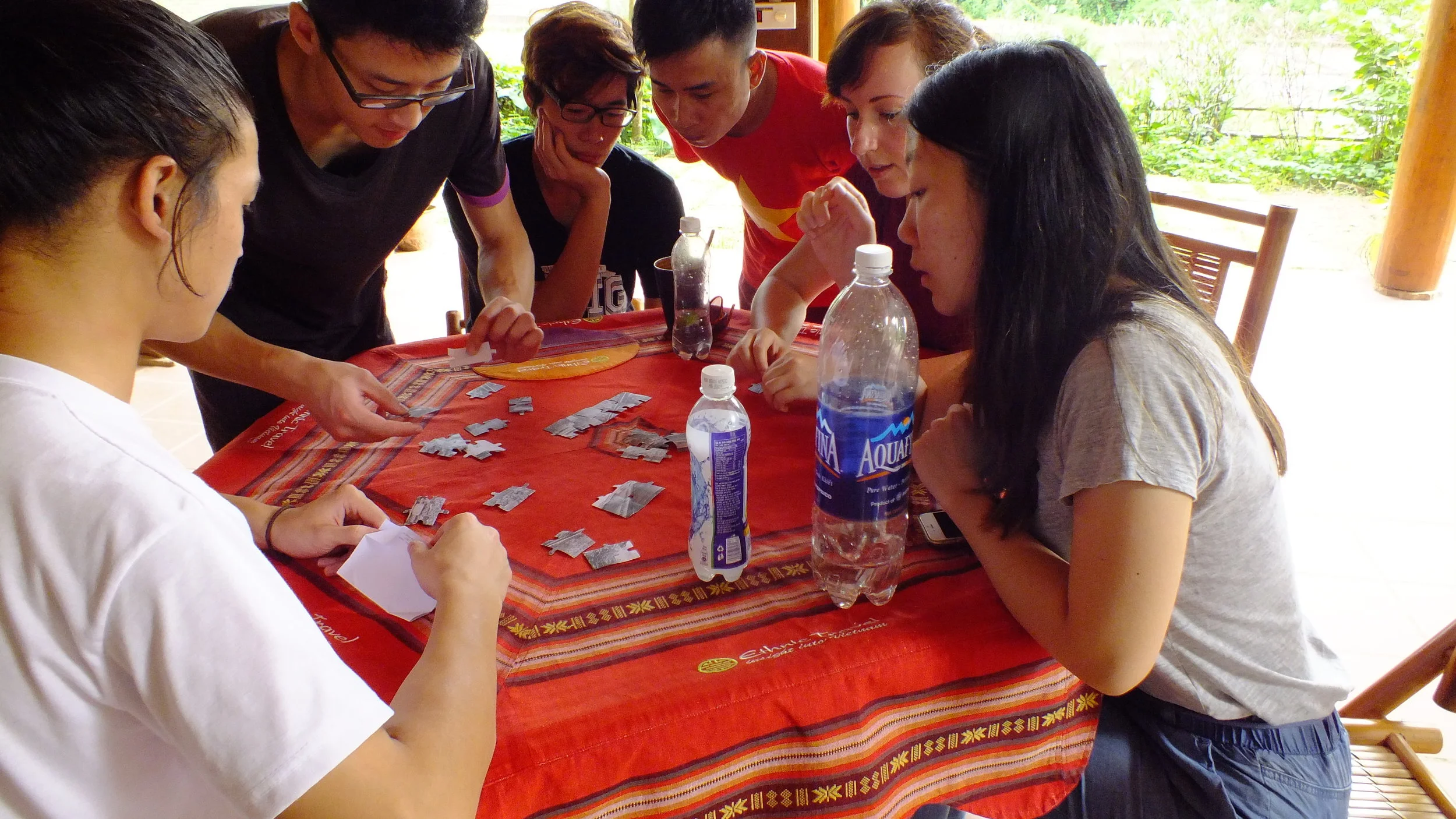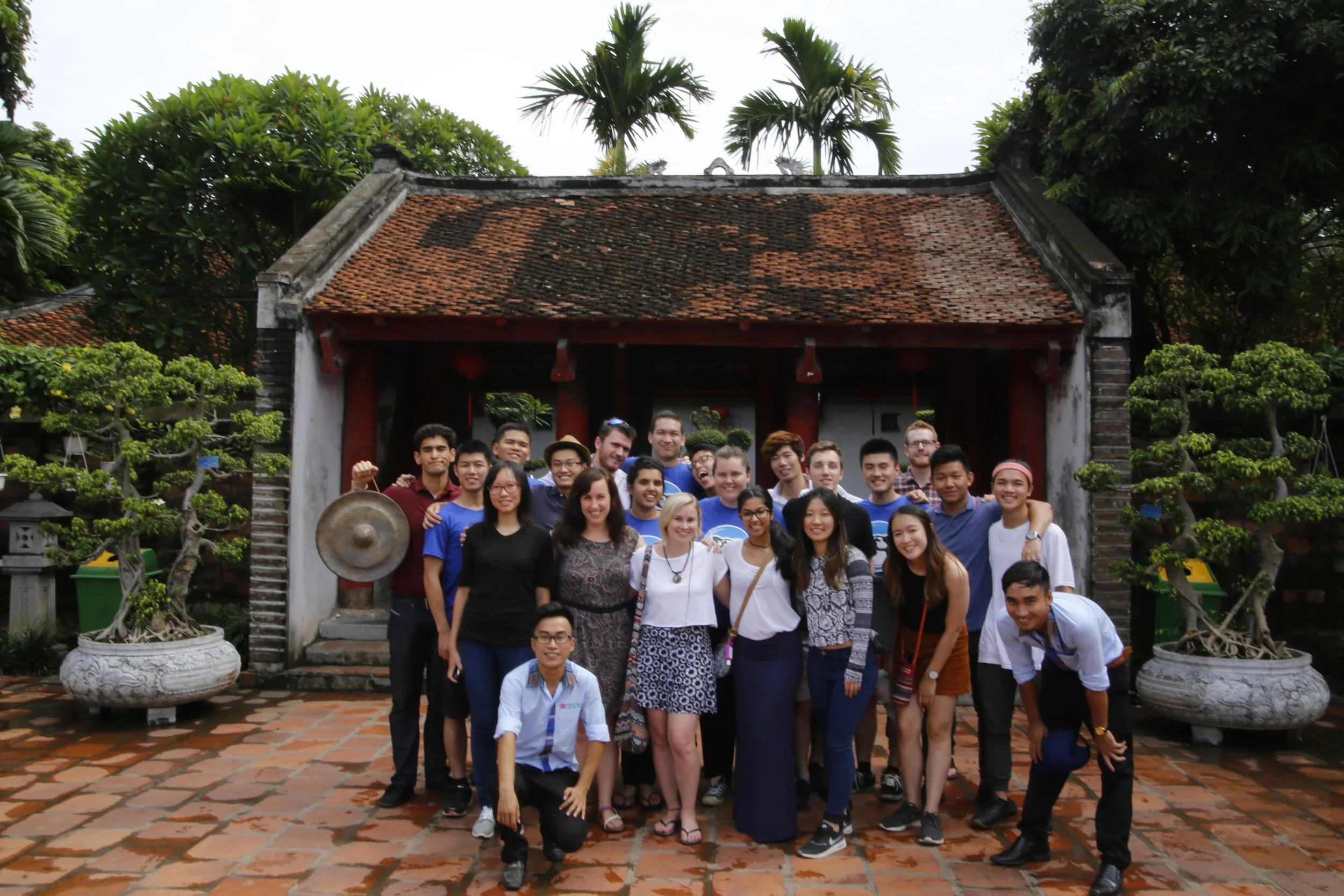Eat Kenko
Eat Kenko is a campaign to promote healthy eating and improved food practices in Hanoi, Vietnam. The campaign was part of Laika Academy's Action Project in support of the United Nations Sustainable Development Goals.
Collaborators: Van Nguyen, Gum San Aung
*Student Work
Food saefty in vietnam
Food safety is a major issue in Vietnam. There is a new food scandal in the news every week. In 2000, formaldehyde - a chemical used for preserving dead bodies - was found to be widely used to prolong the shelf life of noodles. In 2009, Vietnam's Ministry of Health ordered a nationwide recall of 17 brands of locally manufactured soy sauce after they were found to contain dangerous levels of cancer-causing agent called 3-MCPD. According to the Vietnam Food Administration, during the first six months of 2014, there were 21 food poisoning outbreaks in Vietnam, infecting 714 people, of whom 14 died.
A major cause for concern are the banned toxic chemicals and synthetic fertilisers making their way across the border from China. These chemicals are sold at local markets at very low prices and are often not properly labelled with instructions on how to safely use and store the chemicals. As a result, a lot of vegetables that make it to market have unacceptably high levels of chemical residues.
With increasing access to the Internet and regular food safety scandals, consumers are becoming aware of the harmful effects of chemical contaminants in food and household products. However, the level of awareness and understanding still remains insufficient as consumers lack access to accurate food safety information.
What did we do?
We immersed ourselves in Vietnamese food, cooking and culture by staying in rural villages in Mai Chau and Yen Mo. We talked to local farmers and communities to understand how they plant their crops and prepare food. This led to EatKenko, a campaign to promote healthy eating and safe food practices through a series of food safety workshops for young people. These workshops will run in schools and are guided by expert food service specialists and nutritionists. We created a temporary website and some workshop guides, outlining the objective, content and learning outcome for each workshop.
The Chemical Workshop aims to expose students to the effects of harmful chemicals in everyday food, including pesticides and preservatives. The Food Safety and Hygiene Workshop, on the other hand, is to increase the awareness of the risks of unsafe food and to learn about the safe handling, preparation and storage of food. Students participating in The Film Workshop will look at films reflecting core issues related to dangerous food production and its effects. Participants will also create a project of their liking related to the issues presented in the film. The project will reflect what students have learned about chemical contaminants in food and its effects. The ultimate goal of these workshops is to encourage the critical thinking of students when they are presented with food and to place importance on where their food has come from and the process of its production. It is also to encourage schools to adopt a healthier culture, improve healthy eating standards and provide valuable education to the students.






